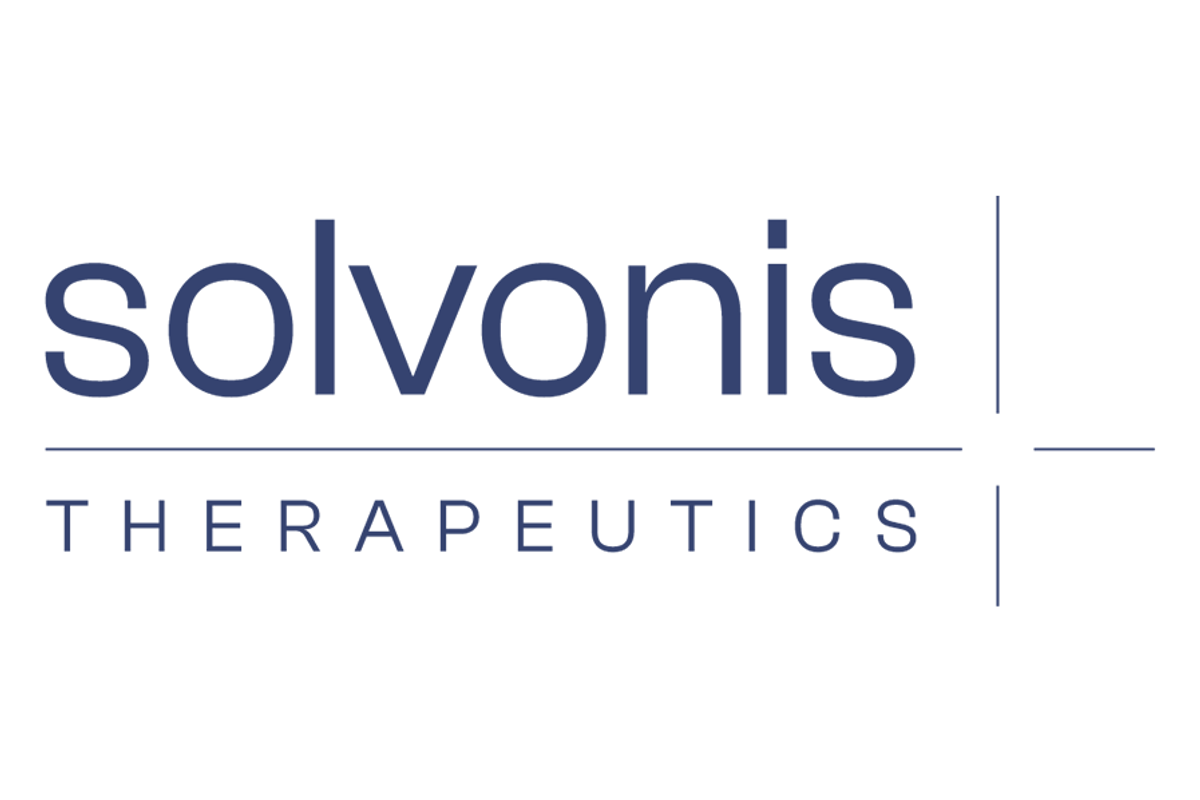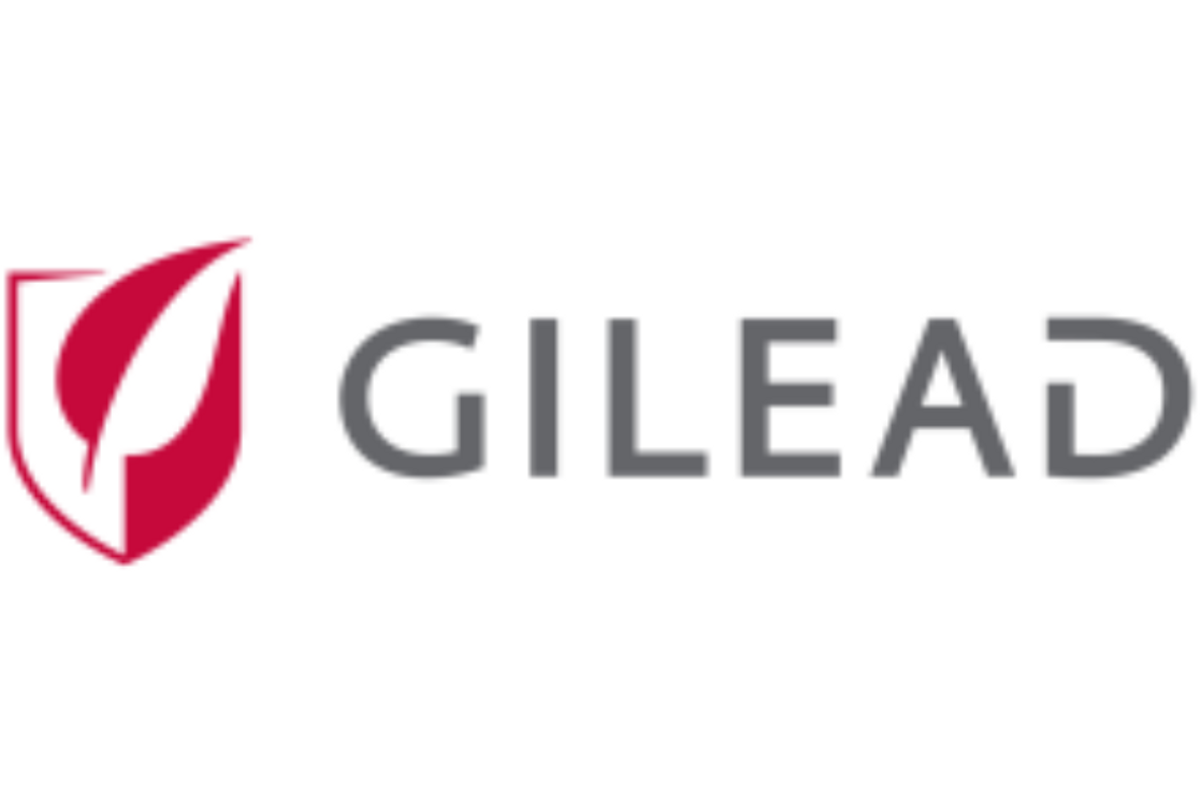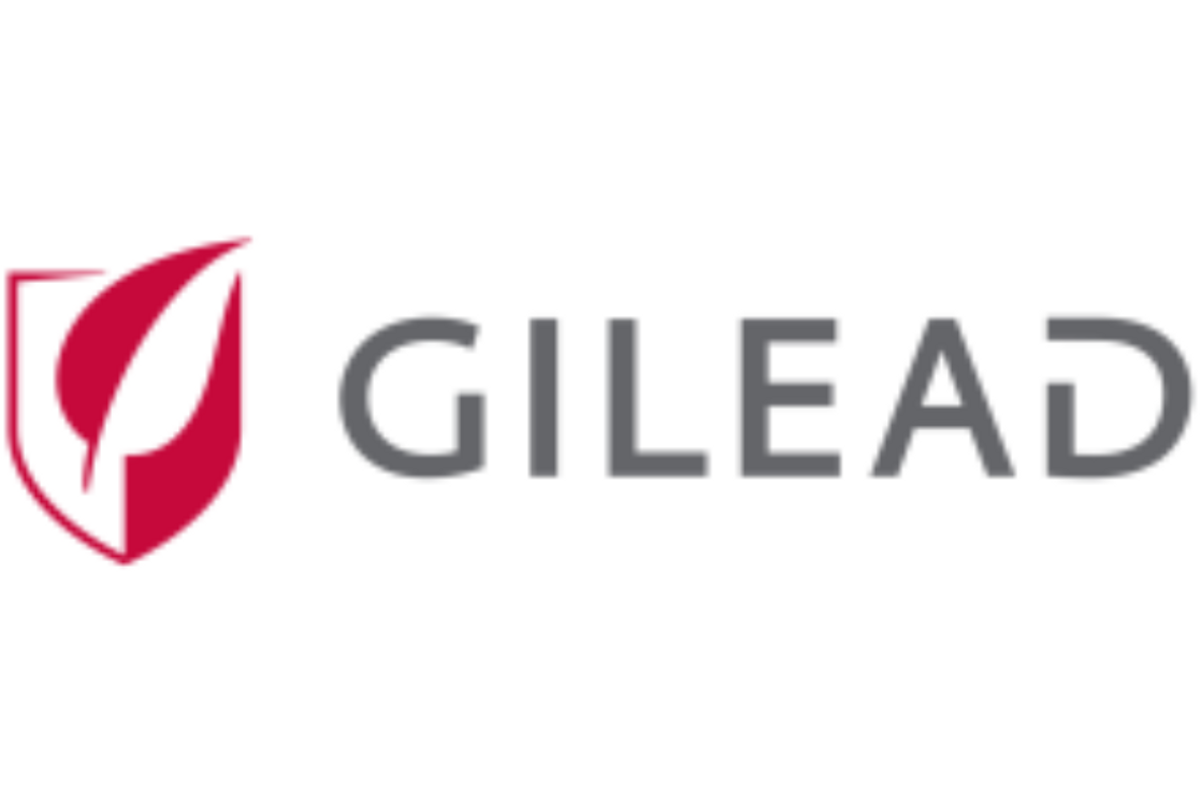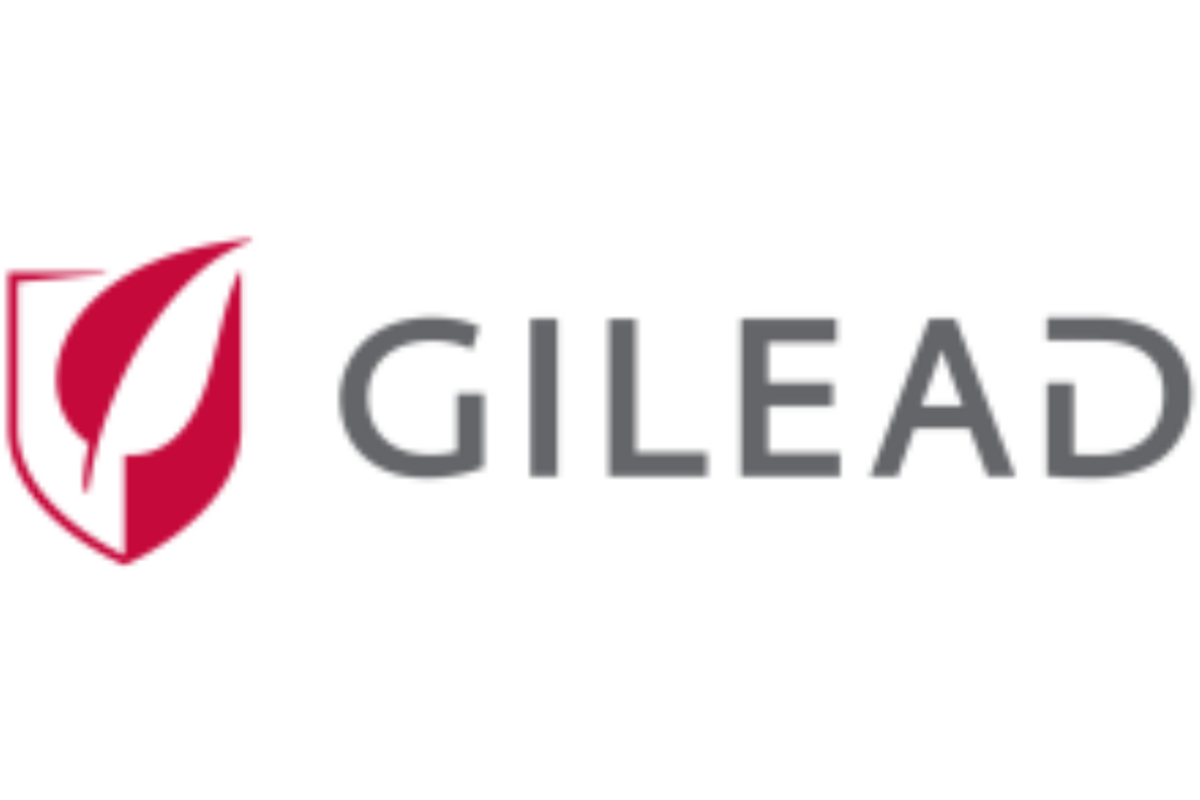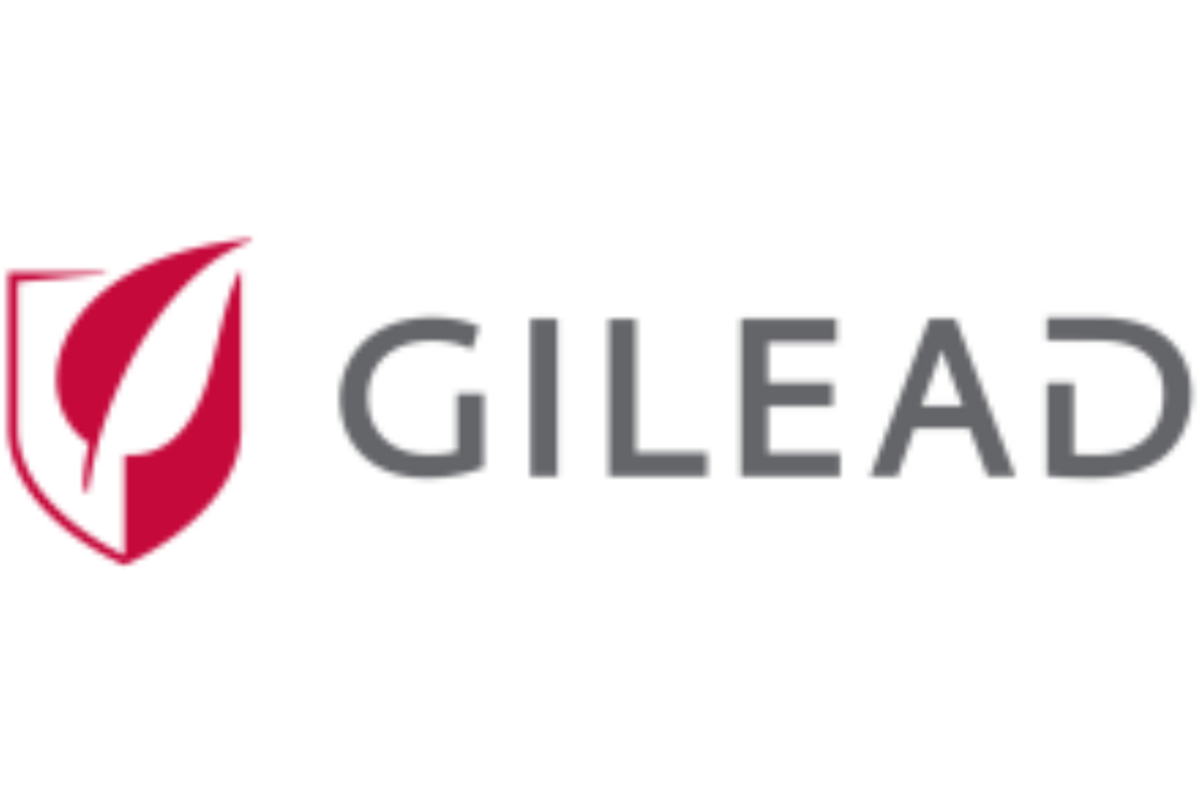-- Subgroup Analyses Show Consistently High Efficacy for Patients Regardless of Underlying Medical Conditions Associated with Higher Risk for Severe COVID-19 Compared to Placebo --
Gilead Sciences, Inc. (Nasdaq: GILD) today announced full results from a Phase 3 investigational study evaluating the efficacy and safety of a three-day course of Veklury ® (remdesivir) for intravenous (IV) use for the treatment of COVID-19 in non-hospitalized patients at high risk for disease progression. The results have been published today in the New England Journal of Medicine (NEJM) and have been submitted to the Food and Drug Administration (FDA) for the potential use of Veklury in earlier stages of disease, including prior to hospitalization.
Participants receiving Veklury treatment in the randomized, double-blind, placebo-controlled trial had an 87% reduction in risk for the composite primary endpoint of COVID-19-related hospitalization or all-cause death by Day 28 and an 81% reduction in the risk for the composite secondary endpoint of COVID-19-related medical visits due to COVID-19 or all-cause death by Day 28 compared to placebo. There was no difference observed in nasopharyngeal SARS-CoV-2 viral load up to Day 7 between groups, indicating that upper respiratory viral loads do not reliably predict treatment outcomes in COVID-19. In the study, no deaths were observed in either arm by Day 28.
The study includes new subgroup analyses which showed consistent efficacy of Veklury for patients irrespective of their key risk factors for severe COVID-19. Participants with comorbidities such as diabetes, obesity, and hypertension had reduced risk of COVID-19-related hospitalization by Day 28 with Veklury treatment. Additional subgroup analyses showed among participants with cancer, chronic lung disease, and cardiovascular disease all instances of COVID-19-related hospitalization occurred in the placebo group. In a post-hoc analysis of participants who completed a baseline influenza patient reported outcome (FLU-PRO Plus) questionnaire any time prior to or on the first day of treatment, those receiving Veklury had a 92% greater probability of symptom alleviation by Day 14 compared to those receiving placebo.
"These data provide evidence that a three-day course of remdesivir could play a critical role in helping COVID-19 patients stay out of the hospital. While our hospitals are ready to assist patients in need, prevention and early intervention are preferable to reduce the risk of disease progression and allow patients not requiring oxygen to recover from home when appropriate," said Robert L. Gottlieb, MD, PhD, Cardiologist at Baylor University Medical Center and Baylor Scott & White Research Institute, and primary author of the NEJM article. "Remdesivir is one of the tools frontline healthcare workers rely on to effectively treat hospitalized patients with COVID-19 and early antiviral therapy with remdesivir would be a natural extension of the continuum of care that begins with primary prevention efforts centered on vaccination. Antivirals, like remdesivir, are routinely administered as a combination of therapies to help target a virus at multiple steps in its replication process. With this in mind, as additional treatment options become available, short-course IV therapy could potentially be a complementary option in settings where outpatient infusions are available."
The use of Veklury for the treatment of non-hospitalized patients in the United States with three days of dosing is investigational, and the safety and efficacy for this use and dosing duration have not been established or approved by the FDA. In the U.S., Veklury is indicated for adults and pediatric patients (12 years of age and older and weighing at least 40 kg) for the treatment of COVID-19 requiring hospitalization. Veklury is contraindicated in patients who are allergic to Veklury or any of its components; please see below for additional Important Safety Information for Veklury.
The safety profile was similar between Veklury and placebo across the variety of outpatient settings in this trial, with the most common treatment emergent adverse events (≥5%) in patients taking Veklury being nausea and headache. Adverse events assigned by investigators to be related to study drug during the blinded trial occurred in 12% of the patients receiving Veklury and 9% of patients receiving placebo. Fewer patients in the Veklury group experienced serious adverse events (2%) than in the placebo group (7%). Of the 279 participants who received Veklury, no new safety signals were identified. One death was observed in the study at Day 59 (participant on placebo); no deaths occurred in either arm of the study by the Day 28 primary endpoint.
"We welcome these findings, which further demonstrate the high efficacy of Veklury and support the important role it plays in helping patients with COVID-19. We're proud that Veklury remains the antiviral standard of care for hospitalized patients, helping to prevent disease progression and accelerate patients' recovery," said Merdad Parsey, MD, PhD, Chief Medical Officer, Gilead Sciences. "The promising data from this study also gives us even greater encouragement in pursuing a potential best-in-class oral therapy for COVID-19, which is based on the same antiviral mechanism of action as remdesivir."
In the study, the authors note that if approved for this use, treatment with Veklury IV in non-hospitalized patients could provide another important option for COVID-19 treatment for patients at high risk of disease progression, as the efficacy of a three-day course of Veklury is qualitatively similar to that seen in clinical studies of single dose neutralizing monoclonal antibody (nmAb) therapies. The authors also note that combination therapies which include a direct-acting antiviral at an early stage of disease may be synergistic in the highest risk patients.
Veklury is a direct-acting antiviral that can be shipped and stored lyophilized at room temperature and does not require prolonged infusion times. Veklury targets the highly conserved viral RNA-dependent RNA polymerase, thereby retaining efficacy against existing SARS-CoV-2 variants of concern identified to date.
Gilead continues to study the efficacy and safety of Veklury in hospitalized patient populations with ongoing unmet need, such as patients with renal impairment, children and pregnant women, as well as through the support of several externally sponsored trials. Gilead is also developing novel oral treatment options for non-hospitalized patients with COVID-19, and earlier this month filed an investigational new drug application (IND) with the Food and Drug Administration (FDA).
About the IV Outpatient Study (GS-US-540-9012)
Study GS-US-540-9012 ( PINETREE ) was a Phase 3, randomized, double-blind, placebo-controlled study evaluating the efficacy and safety of a three-day course of Veklury IV in reducing the rate of hospitalization or all-cause death among non-hospitalized COVID-19 patients at high risk for disease progression. The primary study endpoint was the composite of COVID-19 hospitalization or all-cause death by Day 28. The composite endpoint of medical visits due to COVID-19 or all-cause death by Day 28 was a secondary outcome measure.
The study was designed to enroll 1,264 participants, randomized in a double-blind fashion so that half of enrolled participants would receive Veklury and the other half would receive a matched placebo. Gilead stopped the study in April 2021 for administrative reasons associated with the reduction of COVID-19 prevalence and patient enrollment. At the time that enrollment was terminated, 584 participants were enrolled. The study remained blinded and participants already enrolled in the study were followed according to the protocol until the last patient visit occurred, and at that point the study was closed.
This trial was designed to evaluate the potential role of Veklury in helping patients diagnosed with COVID-19 who were considered high-risk for disease progression based on comorbidities and age but had not recently been hospitalized due to the infection. Common comorbidities in study participants included obesity, hypertension and diabetes. A third of the participants were aged 60 or older. Participants in the study must have received a positive diagnosis within four days of initiating treatment and experienced symptoms for seven days or fewer.
About Veklury (remdesivir)
Veklury (remdesivir) is a nucleotide analog invented by Gilead, building on more than a decade of the company's antiviral research. Veklury is the antiviral standard of care for the treatment of hospitalized patients with COVID-19. At this time, more than half of patients hospitalized with COVID-19 in the United States are treated with Veklury. It can help reduce disease progression across the spectrum of disease severity and enable hospitalized patients to recover faster, freeing up limited hospital resources and saving healthcare systems money.
Veklury directly inhibits viral replication inside of the cell by targeting the SARS-CoV-2 viral RNA polymerase. On entering the body Veklury is transformed into the active metabolite remdesivir triphosphate, which is then incorporated into the viral RNA and stops replication of the virus within the host cell. As new SARS-CoV-2 variants of concern emerge around the world, Gilead continuously evaluates the effectiveness of Veklury against viral variants. An initial analysis of genetic information from the Omicron variant suggests that Veklury will continue to be active against this variant. Gilead will conduct laboratory testing to confirm this analysis. To date, no major genetic changes have been identified in any of the known variants of concern that would significantly alter the viral RNA polymerase targeted by Veklury. Veklury's antiviral activity has been tested in vitro against isolates of variants of SARS-CoV-2, including Alpha, Beta, Gamma, Delta and Epsilon. As the viral polymerase in the Omicron variant is similar to these variants, these laboratory findings suggest that Veklury will continue to be active against the currently identified variations in the SARS-CoV-2 virus, including the Omicron variant.
Veklury is approved or authorized for temporary use in approximately 50 countries worldwide. To date, Veklury and generic remdesivir have been made available to 9 million patients around the world, including 6.5 million people in 127 middle- and low-income countries through Gilead's voluntary licensing program. These licenses currently remain royalty-free, reflecting Gilead's existing commitment to enabling broad patient access to remdesivir.
U.S. Indication for Veklury
Veklury ® (remdesivir 100 mg for injection) is indicated for adults and pediatric patients (12 years of age and older and weighing at least 40 kg) for the treatment of COVID-19 requiring hospitalization. Veklury should only be administered in a hospital or in a healthcare setting capable of providing acute care comparable to inpatient hospital care. Veklury is contraindicated in patients who are allergic to Veklury or any of its components. For more information, please see the U.S. full Prescribing Information available at www.gilead.com
U.S. Important Safety Information for Veklury
Contraindication
Veklury is contraindicated in patients with a history of clinically significant hypersensitivity reactions to Veklury or any of its components.
Warnings and precautions
- Hypersensitivity, including infusion-related and anaphylactic reactions: Hypersensitivity, including infusion-related and anaphylactic reactions, has been observed during and following administration of Veklury. Monitor patients under close medical supervision for hypersensitivity reactions during and following administration of Veklury. Symptoms may include hypotension, hypertension, tachycardia, bradycardia, hypoxia, fever, dyspnea, wheezing, angioedema, rash, nausea, diaphoresis, and shivering. Slower infusion rates (maximum infusion time ≤120 minutes) can potentially prevent these reactions. If a severe infusion-related hypersensitivity reaction occurs, immediately discontinue Veklury and initiate appropriate treatment (see Contraindications).
- Increased risk of transaminase elevations: Transaminase elevations have been observed in healthy volunteers and in patients with COVID-19 who received Veklury; these elevations have also been reported as a clinical feature of COVID-19. Perform hepatic laboratory testing in all patients (see Dosage and administration). Consider discontinuing Veklury if ALT levels increase to >10x ULN. Discontinue Veklury if ALT elevation is accompanied by signs or symptoms of liver inflammation.
- Risk of reduced antiviral activity when coadministered with chloroquine or hydroxychloroquine: Coadministration of Veklury with chloroquine phosphate or hydroxychloroquine sulfate is not recommended based on data from cell culture experiments, demonstrating potential antagonism, which may lead to a decrease in antiviral activity of Veklury.
Adverse reactions
- The most common adverse reaction (≥5% all grades) was nausea.
- The most common lab abnormalities (≥5% all grades) were increases in ALT and AST.
Drug interactions
- Drug interaction trials of Veklury and other concomitant medications have not been conducted in humans.
Dosage and administration
- Dosage: For adults and pediatric patients ≥12 years old and weighing ≥40 kg: 200 mg on Day 1, followed by once-daily maintenance doses of 100 mg from Day 2 administered only via intravenous infusion over 30 to 120 minutes.
- Treatment duration: For patients not requiring invasive mechanical ventilation and/or extracorporeal membrane oxygenation (ECMO): 5 days; may be extended up to 5 additional days (10 days total) if clinical improvement is not observed. For patients requiring invasive mechanical ventilation and/or ECMO: 10 days.
- Testing prior to and during treatment: Perform eGFR, hepatic laboratory, and prothrombin time testing prior to initiating Veklury and during use as clinically appropriate.
- Renal impairment: Veklury is not recommended in individuals with eGFR
- Dose preparation and administration: See full Prescribing Information.
Pregnancy and lactation
- Pregnancy: There are insufficient human data on the use of Veklury during pregnancy. Pregnant women hospitalized with COVID-19 are at risk for serious morbidity and mortality. Veklury should be used during pregnancy only if the potential benefit justifies the potential risk for the mother and the fetus.
- Lactation: It is not known whether Veklury can pass into breast milk. Breastfeeding individuals with COVID-19 should follow practices according to clinical guidelines to avoid exposing the infant to COVID-19.
About Gilead Sciences
Gilead Sciences, Inc. is a biopharmaceutical company that has pursued and achieved breakthroughs in medicine for more than three decades, with the goal of creating a healthier world for all people. The company is committed to advancing innovative medicines to prevent and treat life-threatening diseases, including HIV, viral hepatitis and cancer. Gilead operates in more than 35 countries worldwide, with headquarters in Foster City, California.
Forward-Looking Statements
This press release includes forward-looking statements within the meaning of the Private Securities Litigation Reform Act of 1995 that are subject to risks, uncertainties and other factors, including Gilead's ability to receive regulatory approvals in a timely manner or at all, including FDA approval of the supplemental New Drug Application for the intravenous use of Veklury in non-hospitalized patients, and the risk that any such approvals may be subject to significant limitations on its use. There is also the possibility of unfavorable results from ongoing or additional clinical studies involving Veklury. These and other risks, uncertainties and factors are described in detail in Gilead's Quarterly Report on Form 10-Q for the quarter ended September 30, 2021, as filed with the U.S. Securities and Exchange Commission. These risks, uncertainties and other factors could cause actual results to differ materially from those referred to in the forward-looking statements. All statements other than statements of historical fact are statements that could be deemed forward-looking statements. The reader is cautioned that any such forward-looking statements are not guarantees of future performance and is cautioned not to place undue reliance on these forward-looking statements. All forward-looking statements are based on information currently available to Gilead, and Gilead assumes no obligation and disclaims any intent to update any such forward-looking statements.
U.S. full Prescribing Information for Veklury is available at www.gilead.com .
Veklury, Gilead and the Gilead logo are registered trademarks of Gilead Sciences, Inc., or its related companies.
For more information about Gilead, please visit the company's website at www.gilead.com , follow Gilead on Twitter (@Gilead Sciences) or call Gilead Public Affairs at 1-800-GILEAD-5 or 1-650-574-3000.
View source version on businesswire.com: https://www.businesswire.com/news/home/20211221005805/en/
Jacquie Ross, Investors
(408) 656-8793
Nicole Rodriguez, Media
(949) 520-0057
